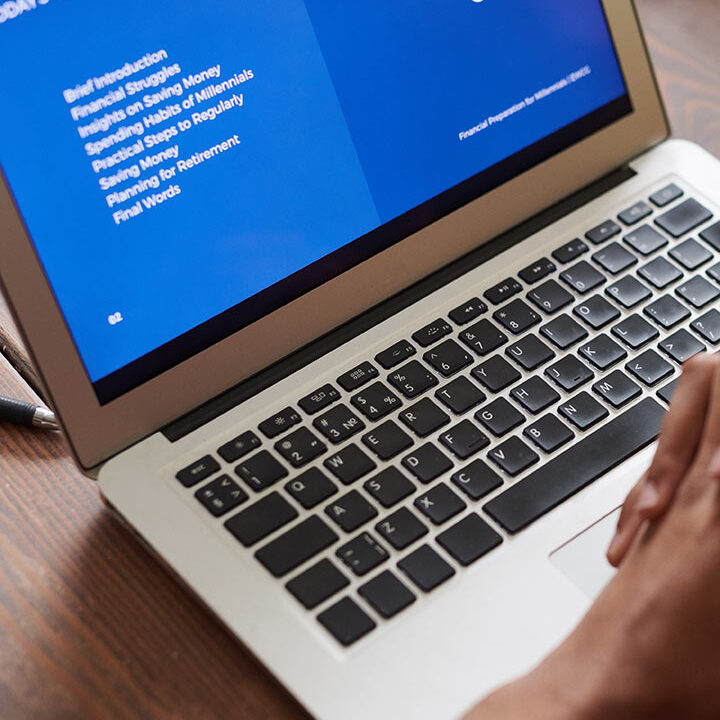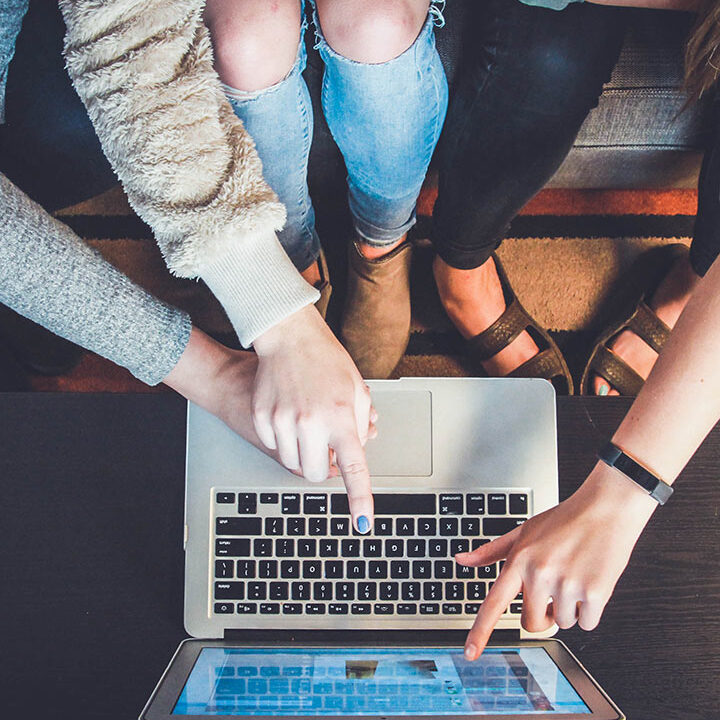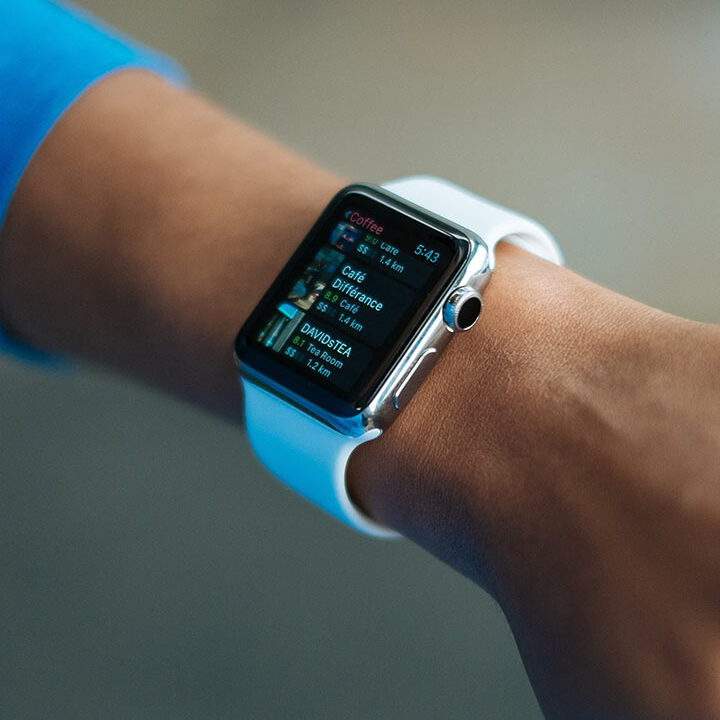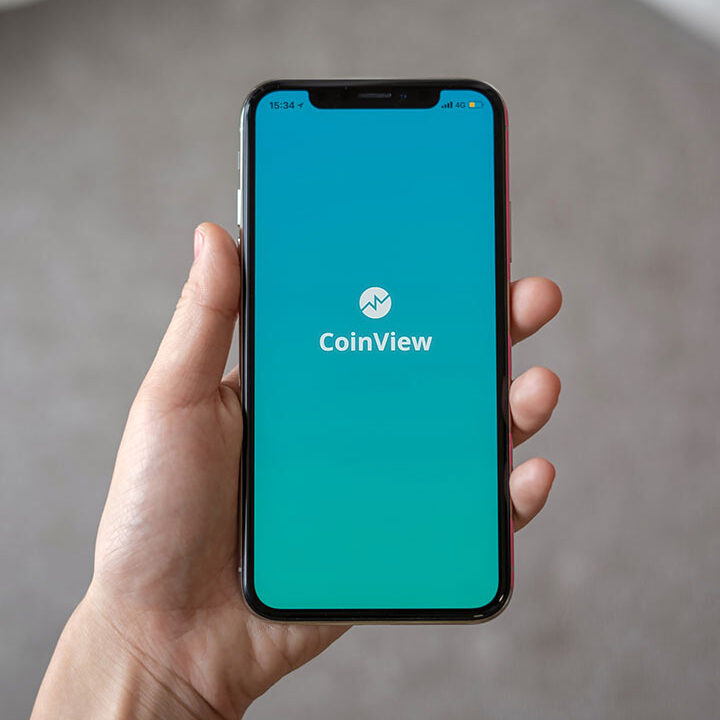The Circular Economy Made Real
In more and more pockets of the industrial landscape, the byproducts of one process are becoming the raw materials for another, trash is getting a useful second life, and waste is becoming a thing of the past.
Plastic trash from the ocean becomes running shoes
For Adidas and the nonprofit Parley for the Oceans, cleaning plastic out of the oceans is a mere first step in combating waste at sea. Together they’re making shoes and other apparel out of ocean plastic. The composition of the “upper” of the UltraBOOST Uncaged running shoe is 95 percent recycled plastic from deep-sea gillnets and from trash harvested from the waters off the Maldives. Adidas sold 7,000 pairs of these ocean-plastic shoes last year and has committed to making 1 million more pairs by the end of 2017. It has also incorporated the recycled material into T-shirts, shorts, flip-flops, and professional soccer jerseys.
Food waste turns into fashion
In the Netherlands, an innovative startup is using principles of the circular economy to cut down on two environmental scourges—food waste and leather production. Fruitleather Rotterdam is deseeding discarded fruit and then mashing, boiling, and drying it into a leather-like material. From there, it’s used for footwear, fashion accessories, and upholstery; the team recently produced a chair for Dutch Design Week. What began as a design school project is now a nominee for the Henri Winkelman Award for entrepreneurial designers.
Plastic waste becomes low-cost building blocks
In Bogotá, Colombia, plastic is sent to the landfill by the ton. Architect Oscar Andres Mendez Gerardino is looking to change this—and simultaneously create low-cost housing options for city residents. His company, Conceptos Plásticos, is melting and molding plastic and rubber waste into LEGO®-like bricks and pillars that can be assembled into buildings. Four people can construct a single-family home in just five days, according to the company. In 2015, Conceptos Plásticos turned 120 tons of plastic waste into a shelter for 42 families displaced by violence in Guapi, Cauca, near the Pacific coast of Colombia. Company founder Gerardino received a Young Entrepreneurs Award from Unilever in 2016.
Car dashboards become 3D printer filament
What becomes of your trusty old car when it’s finally consigned to the scrap heap? Dutch company Refil has perfected the process of shredding and melting old plastic car interior parts, such as dashboards, to recycle them into 3D printer filament. From there, your old dash can become a vase, a toy, new jewelry, or anything else you can make with a 3D printer.
Brewery wastewater feeds algae, then becomes biodegradable ink
Upslope Brewing in Boulder, Colorado, has piloted a partnership to bring brewery byproducts full circle. Local startups Boom Algae and Living Ink Technologies are using Upslope’s waste carbon dioxide, spent grain, and canning rinse water to cultivate algae. The algae then becomes the base pigment for 100 percent–biodegradable ink. To close the loop, the brewery will use algae ink to print its menus.
Closed-loop food production at The Plant in Chicago
Entrepreneur, artist, and industrial-preservation enthusiast John Edel has been working for the past seven years to transform an abandoned meat-packing facility in Chicago’s Back of the Yards neighborhood into a test bed for closed-loop, net-zero energy food production—one that also turns a healthy profit.
Spent grain from Whiner Beer Company’s brewery helps fuel the oven of neighboring Pleasant House Bakery, feeds fish in The Plant’s aquaponics operation, and serves as a growing medium for an indoor mushroom farm. Whiner makes Belgian- and French-style barrel-aged beers and operates a taproom in the old warehouse. Plans are in place for the spent grain to help fuel The Plant’s anaerobic digester when it’s up and running—and hence help power the entire building.
Pleasant House Bakery found it could incorporate spent grain from Whiner Beer Company, and coffee chaff from a roastery in the building, into combustible “bio-bricks” for its masonry oven. Testing showed that the briquettes burn hotter and faster than wood, so they may not serve as a fuel substitute while goodies are baking. But they do show promise for maintaining heat in the oven between baking cycles, cutting down on the amount of wood required to reheat the oven from a low temperature.
The Plant is raising fish and microgreens in a closed-loop aquaponics system. The microgreens clean the water for the fish, and fish waste provides fertilizer for the plants. Staff and interns are experimenting with supplementing expensive commercial fish feed with the brewery’s spent grain. And soon the system’s waste will help power the anaerobic digester.
Belkacem El Metennani’s business, Fruiting Mushrooms, operates out of an old ham freezer in the basement of The Plant. It uses byproducts from agriculture, beer production, and coffee brewing elsewhere in The Plant as a growing medium for gourmet mushrooms—oyster, lion’s mane, comb’s tooth, and reishi. El Metennani sells his mushrooms locally, of course.








